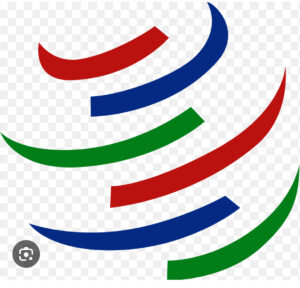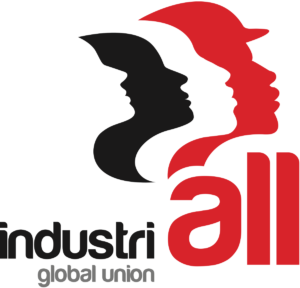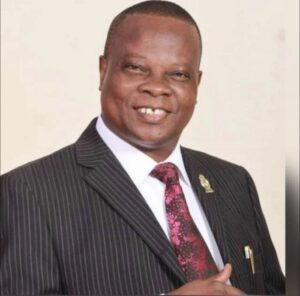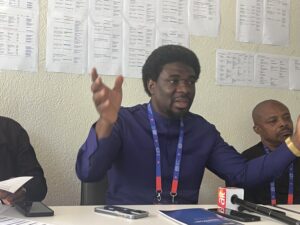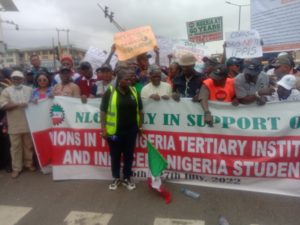G7 leaders pledge $5 bn to boost global food security

Official portrait of Vice President Joe Biden in his West Wing Office at the White House, Jan. 10, 2013. (Official White House Photo by David Lienemann) This official White House photograph is being made available only for publication by news organizations and/or for personal use printing by the subject(s) of the photograph. The photograph may not be manipulated in any way and may not be used in commercial or political materials, advertisements, emails, products, promotions that in any way suggests approval or endorsement of the President, the First Family, or the White House.
The G7 leaders have pledged up to $5 billion to improve global food security against the backdrop of a looming hunger crisis triggered by Russia’s invasion of Ukraine.
The senior White House official confirmed the agreement on the condition of anonymity on the final day of a G7 summit taking place in southern Germany.
The official added that the U.S. would provide more than half of the amount.
“The money will support efforts in over 47 countries, help save lives through direct humanitarian interventions and enhance the resilience and productivity of food systems around the world, particularly in vulnerable regions,’’ the official said.
The war in Ukraine, now in its fifth month, has prevented grains from leaving the country’s ports and making food more expensive globally.
The experts and aid groups warning of the potential of famine in parts of Africa.
Moscow had blamed Western sanctions for the food crisis.
The leaders of Britain, Canada, France, Germany, Italy, Japan and the United States planned to issue a declaration summarising the progress made at the summit at the Schloss Elmau resort.
German Chancellor Olaf Scholz this year’s host was scheduled to give a news conference.
G7 leaders projected a show of unity in the face of the Russian invasion of Ukraine and seemed to make some progress on issues including reducing dependence on Russian energy imports, punitive measures against Moscow and supporting Ukraine’s war effort.
The White House official said that they were likely to task their ministers with developing the mechanisms for a cap on the price of Russian oil.
Critics had argued throughout the summit that such a rule would be difficult to enforce.
The G7 was trying to prevent Moscow from benefitting from price increases that were swelling its war chest while protecting oil-purchasing countries from the volatility.
Volatility was likely to arise from an embargo on Russian oil going live at the end of the year.
U.S. President Joe Biden met British Prime Minister Boris Johnson, French President Emmanuel Macron and Scholz on the sidelines of the summit on today, with Italian Prime Minister Mario Draghi joining unexpectedly.
All G7 leaders except Japanese Prime Minister Fumio Kishida would travel to Madrid after the G7 summit to attend a meeting of NATO leaders that would be instrumental in firming up defence policies in the wake of the invasion.

